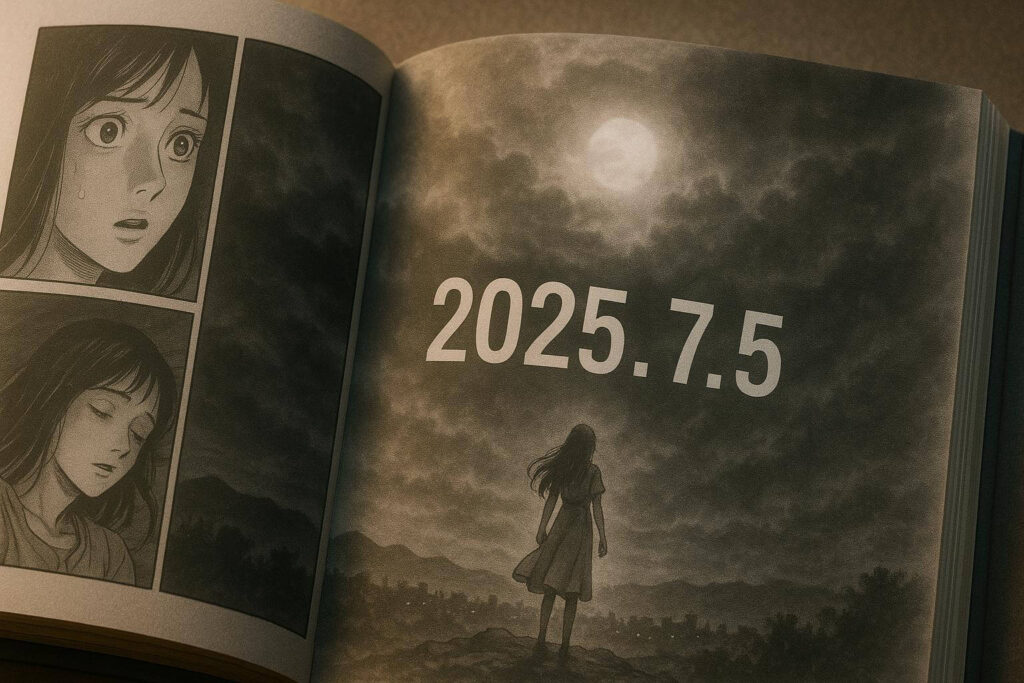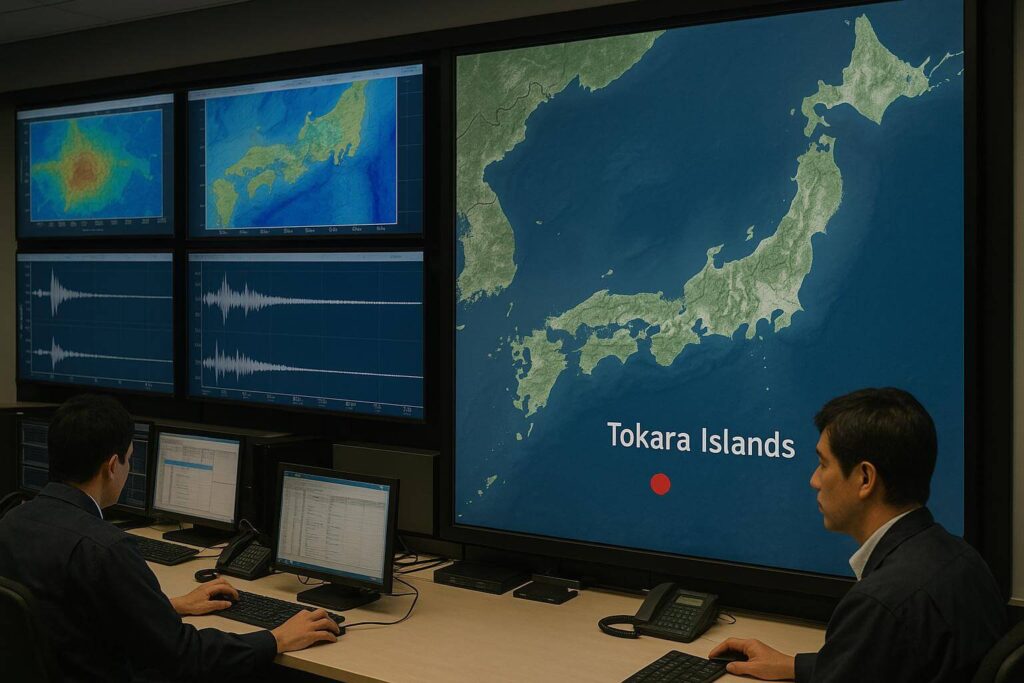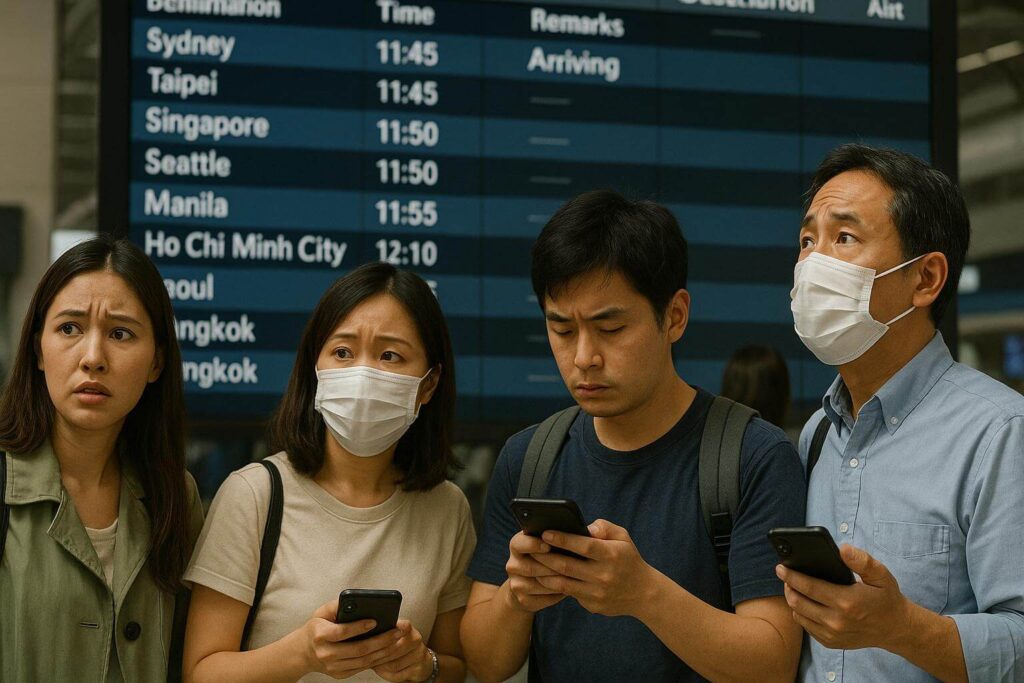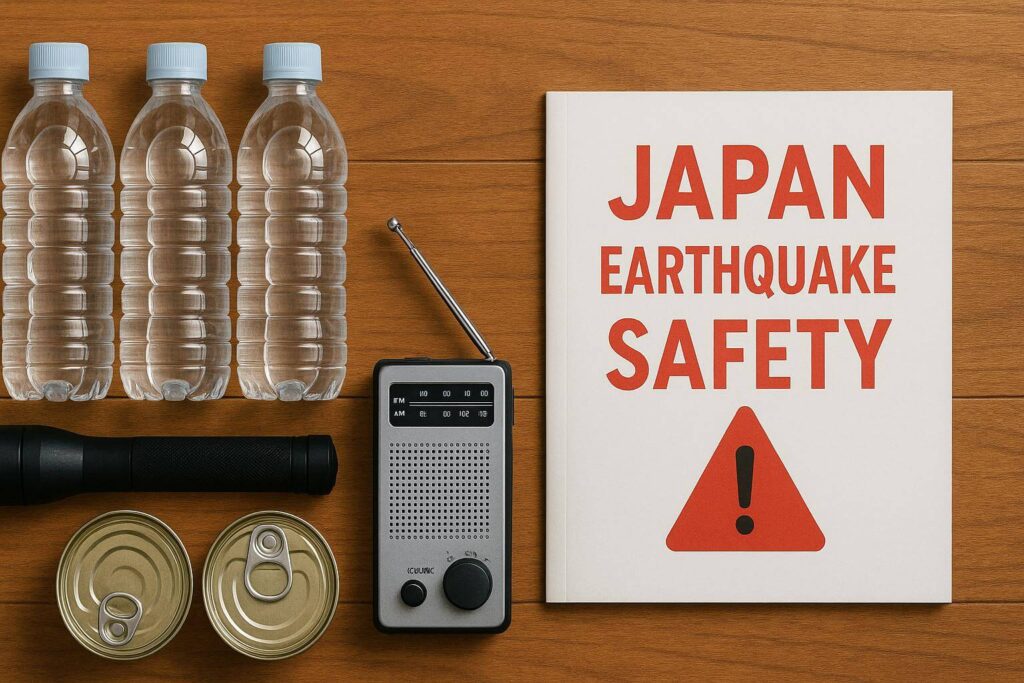Last Updated on 2025年12月29日 by IAJ
In early 2025, rumors began to spread online that a major earthquake would strike Japan on July 5. The prediction caused real concern, especially among international visitors. But what was the source of this claim? And did anything actually happen?
In this article, we’ll break down the facts behind the rumor, the reality of what occurred, and how it impacted travel to Japan.
📚 The Origin: A Manga That “Predicted the Future”?

The panic started with a cult-favorite Japanese manga titled The Future I Saw by Ryo Tatsuki. First published in the late 1990s and re-released in 2021 as a “complete edition,” the manga claimed to be based on the author’s prophetic dreams.
One dream in particular stood out: a page that appeared to predict the 2011 Great East Japan Earthquake, leading many fans to believe the manga was “legit.” In the new edition, the author noted:
“The real disaster will come in July 2025.”
Some online users interpreted this as a prediction that a megaquake would strike Japan on July 5, 2025, and the rumor quickly spread across social media — especially in East and Southeast Asia.
🌍 What Actually Happened on July 5?

While there was no catastrophic nationwide earthquake, there was a series of real tremors:
- June 25–July 4: Over 1,000 small-to-moderate earthquakes occurred in the Tokara Islands, off the southern coast of Japan. The strongest recorded magnitude was around 6.2.
- July 5: No major earthquake struck Japan that day.
Japan’s Meteorological Agency (JMA) issued statements denying any scientific basis for predicting earthquakes by date. They confirmed there was no connection between the manga and any actual seismic events.
🧠 Fun Fact: Earthquakes cannot be predicted accurately by date, location, or magnitude — not even with modern science.
😨 How the Rumor Affected Japan

Even though nothing major happened, the fear had real-world effects:
- Some tourists canceled trips to Japan in early July.
- Flights and hotel reservations saw a brief dip in regions like Tokyo and Osaka.
- Japanese officials had to calm fears in press conferences and social media.
This event highlights how misinformation — even from a manga — can disrupt tourism and public trust.
✅ What Can We Learn?

Instead of worrying about unfounded predictions, it’s more helpful to:
- Stay informed with official earthquake alerts via the Japan Meteorological Agency (JMA).
- Prepare emergency kits and evacuation plans if you live in or visit Japan.
- Avoid spreading information from unofficial sources.
If you’re planning a trip to Japan and want to enjoy the culture while staying safe, check out our guides below:
- 🏡 Top 5 Cheapest Areas to Live in Tokyo for Foreigners (2025)
- 🍜 Best Budget Meals in Tokyo
- 🧳 Living in Japan: Essential Tips for Foreigners (Trash, Wi-Fi & Jobs)
📌 Final Thoughts
No, a megaquake did not hit Japan on July 5, 2025.
The rumor stemmed from a misinterpreted manga — not scientific fact. While small earthquakes did occur in southern Japan, the “doomsday” event never came.
Still, the incident was a valuable reminder to always rely on trusted information, especially when traveling or living abroad.



